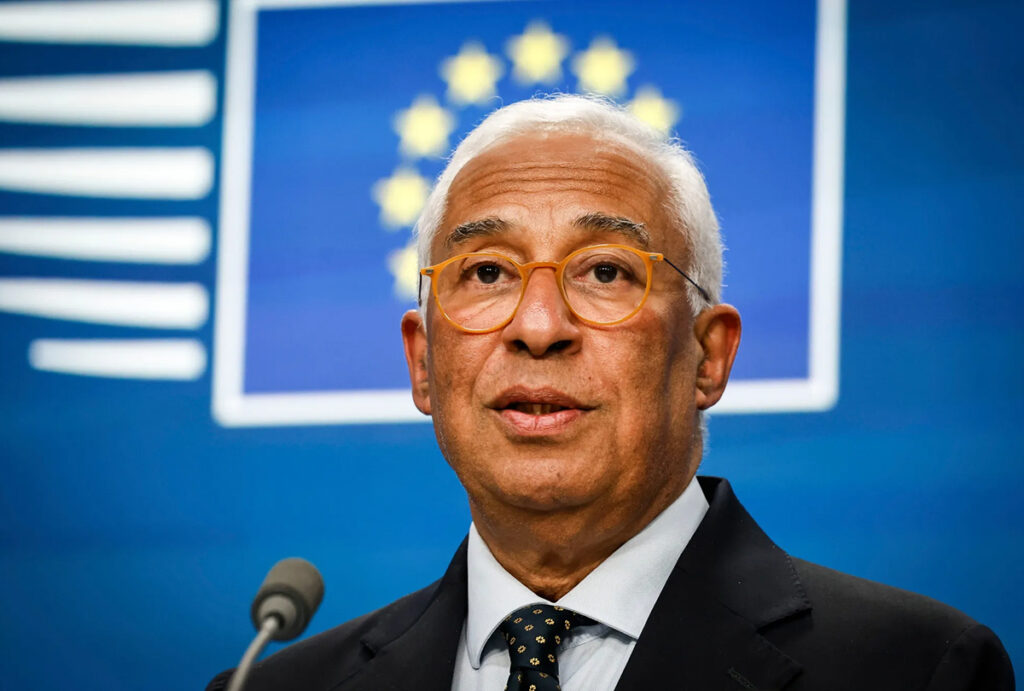By Jorge Valero and Ewa Krukowska

The European Union’s imminent release of a road map for phasing out Russian fossil fuel purchases will signal to companies that they should source more liquefied natural gas from the US, according to European Council President Antonio Costa.
The 27-nations bloc is scheduled to unveil its plan for winding down energy purchases from Moscow on May 6 after Russia had sharply reduced natural gas exports to Europe following the invasion of Ukraine in 2022, triggering unprecedented increases in fuel and electricity prices.
The EU, whose dependence of Russian gas shrank to around 19% of total supplies last year, compared to more than 40% before the war, will continue to reduce its imports, Costa told Bloomberg News in an interview in Hamburg earlier this week.
“This creates space in the market to import from other suppliers, which means new opportunities for the United States,” he said.
The measures are coming at a time when the EU is exploring a possible deal with the US to solve their trade dispute. US President Donald Trump has repeatedly called on Europe to buy more American energy products if the bloc wants to avoid tariffs.
The US is currently the EU’s third-largest gas supplier.
While US-EU trade negotiations are led by the European Commission, decisions on signing new contracts to purchase LNG from the US are in the hands of companies and depend on their view of the market and prices. Many have long-term contracts with Russia, according to Costa.
“The political signal that the commission is giving is that there are good reasons for European companies to find good prices in the US,” he said. “There’s a great opportunity to increase LNG imports from the US”.
The road map that the EU’s executive arm is working on is meant to offer European companies tools to terminate long-term contracts with Russia. The commission is considering recommending the use of trade-related measures such as quotas or tariffs at EU level, Bloomberg News has reported.
While sanctioning Russian gas imports would, in theory, be the strongest legal tool for EU buyers to declare force majeure and end purchases, the EU has until now not proposed this measure because it wouldn’t get the required unanimous support amid opposition from Hungary and Slovakia. Trade instruments, however, can be adopted by a qualified majority.
Share This:




 CDN NEWS |
CDN NEWS |  US NEWS
US NEWS 



























What Excites and Worries LNG Exporters in 2026: Maguire